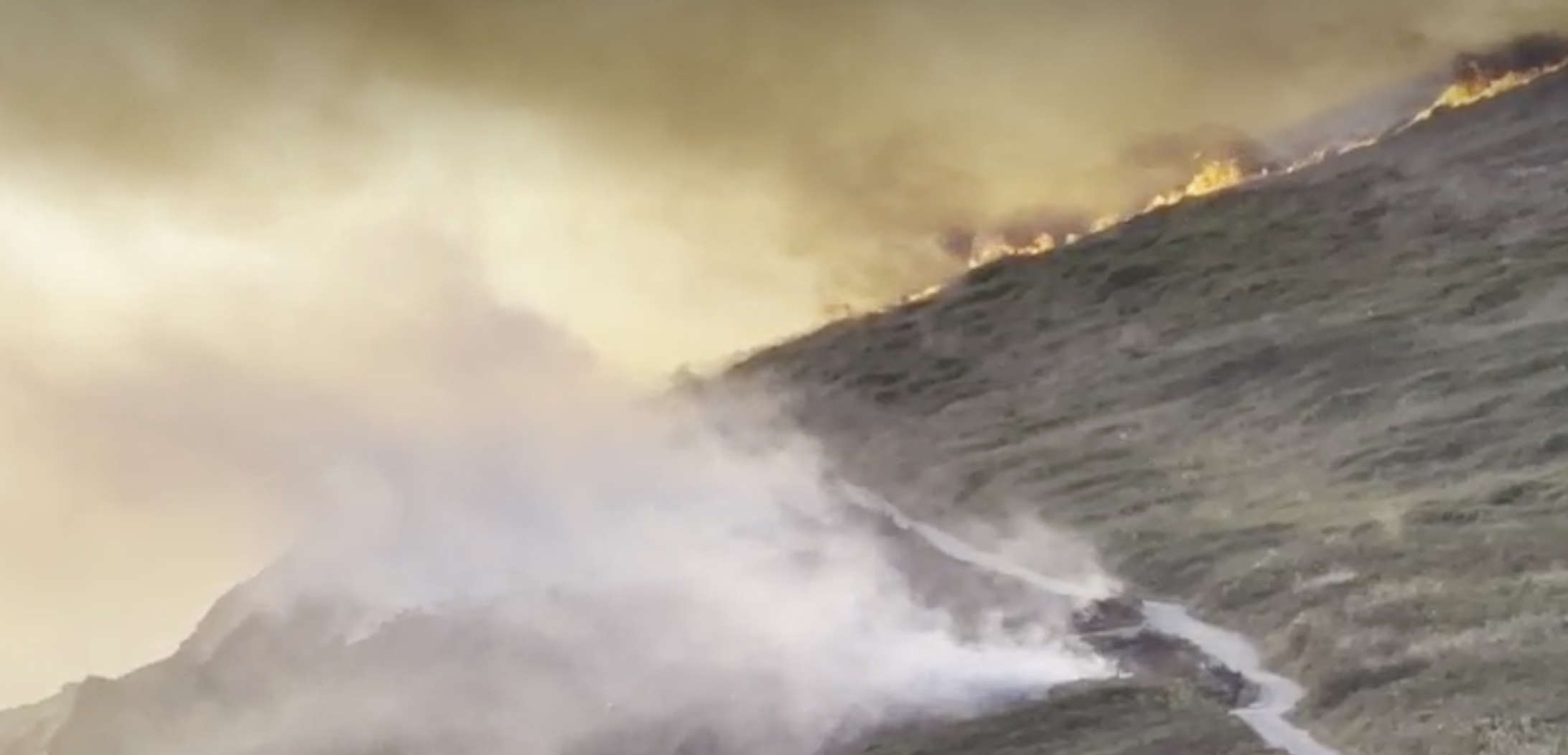
Baggy Point will take years to recover
A gorse fire that tore through a Site of Special Scientific interest (SSSI) in Devon on Bank Holiday Monday has destroyed the habitat of several species of reptile, small mammal and butterfly, as well as nesting sites of many types of seabird, according to the National Trust.
The blaze at Baggy Point headland scorched five and a half hectares of land. Pictures released by the charity show a charred landscape destroyed by fire.
Staff at Baggy Point expect the land to take years to fully recover at a cost of up to £10,000. The coastline there forms part of the North Devon AONB, the North Devon Biosphere and the recently designated World Surf Reserve.
People wishing to help the Trust look after Baggy Point and the surrounding landscape can make a donation at: nationaltrust.org.uk/baggy-point.
National Trust lead ranger Jonathan Fairhurst said: ‘This is the most severe fire we’ve seen on National Trust land in North Devon in recent years. So it’s been upsetting to see these amazing habitats go up in smoke.
"Thankfully the nesting season has finished which means the local birdlife hasn’t been badly affected although nesting sites are unlikely to recover for a couple of years.’
The Trust has seen a spate of fires in the past month, including one at Studland in Dorset which destroyed the habitat of some of the UK’s rarest reptiles and another at Bolberry Down in Devon which took two months to fully extinguish. Frequent fires can have longer-term effects, from changes in vegetation to a leaking of carbon emissions in the case of peatlands.
Monday’s fire at Baggy Point took 70 firefighters to bring under control and is believed to have been started by a disposable barbecue, despite frequent warnings by fire services over the summer.
Rob Joules, the National Trust’s general manager for North Devon added: "We’re so grateful to Devon and Somerset Fire and Rescue Service for their efforts, and for all the offers of support we’ve received. Unfortunately, this was another fire started by people, and could have so easily been avoided.
"Climate change is really magnifying the risk of fires breaking out, and while we’ve had some rain over the past few weeks, the ground is still incredibly dry. We want people to enjoy the outdoors but not at the expense of damaging landscapes and putting lives at risks. We urge everyone to listen to the fire services – don’t bring barbecues to the open countryside, extinguish and responsibly dispose of cigarettes, and take any rubbish home with you."
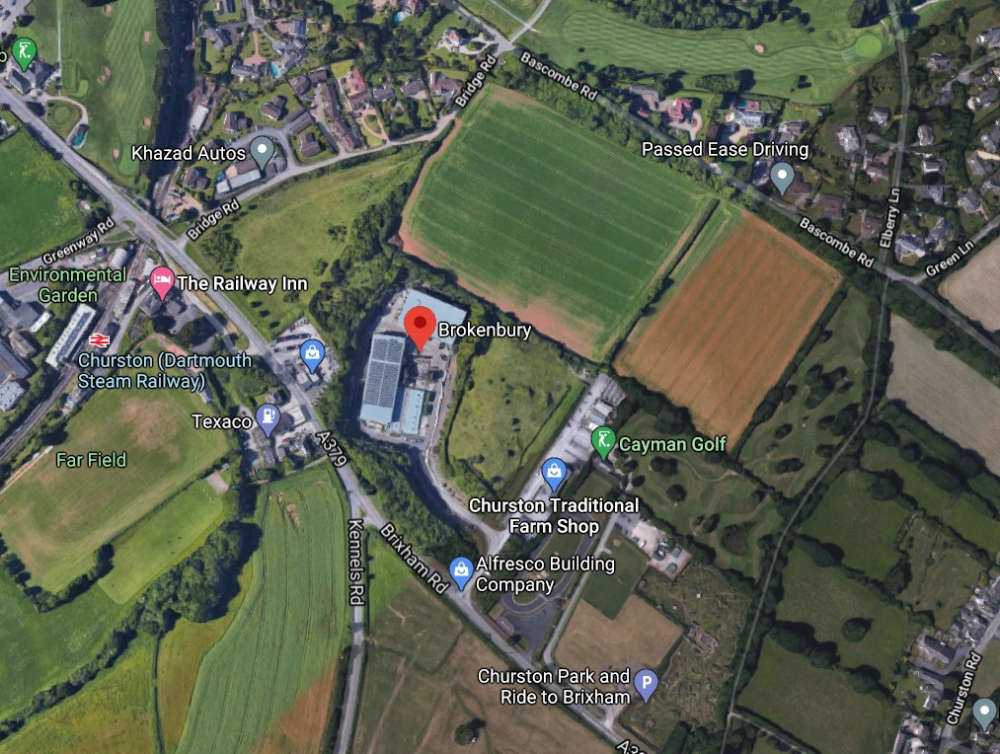 Official challenge to Torbay solar farm project
Official challenge to Torbay solar farm project
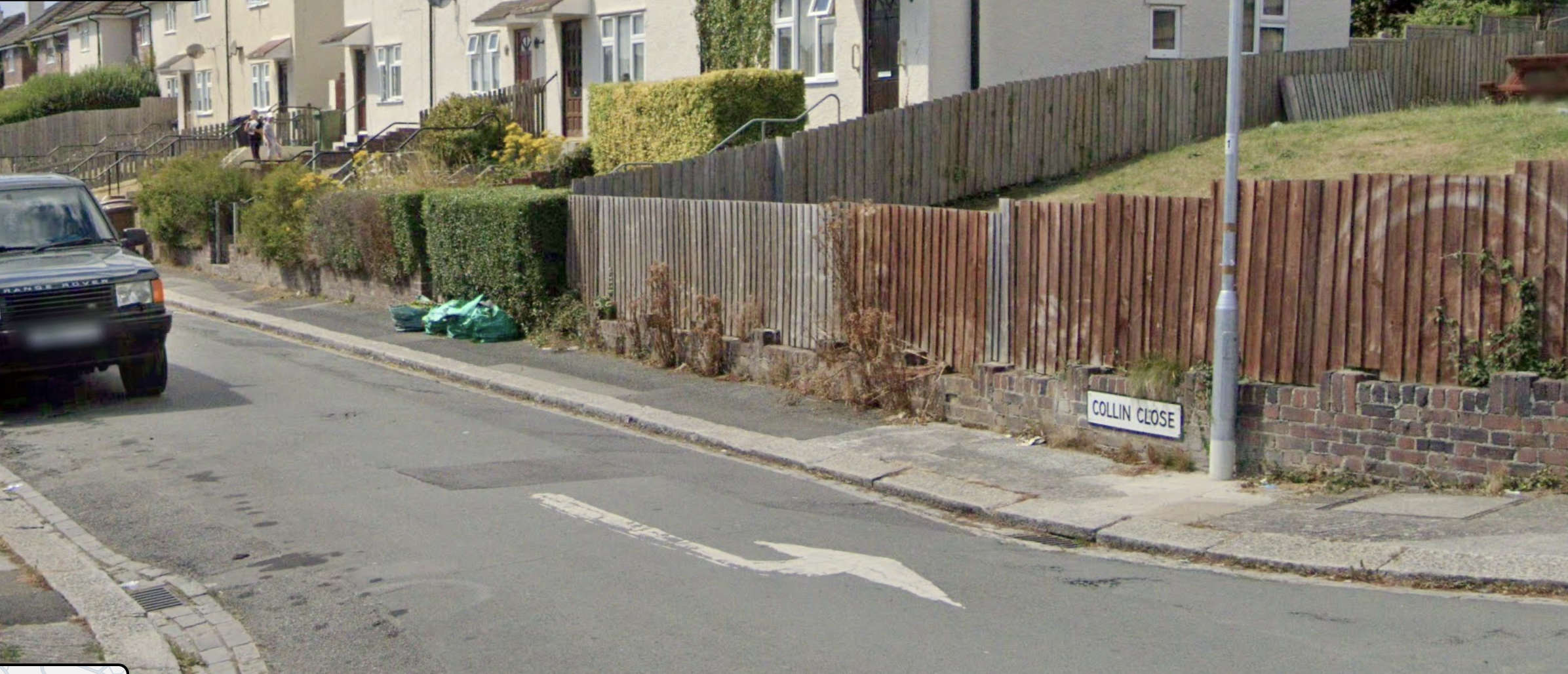 Two people injured in suspected Plymouth stabbing
Two people injured in suspected Plymouth stabbing
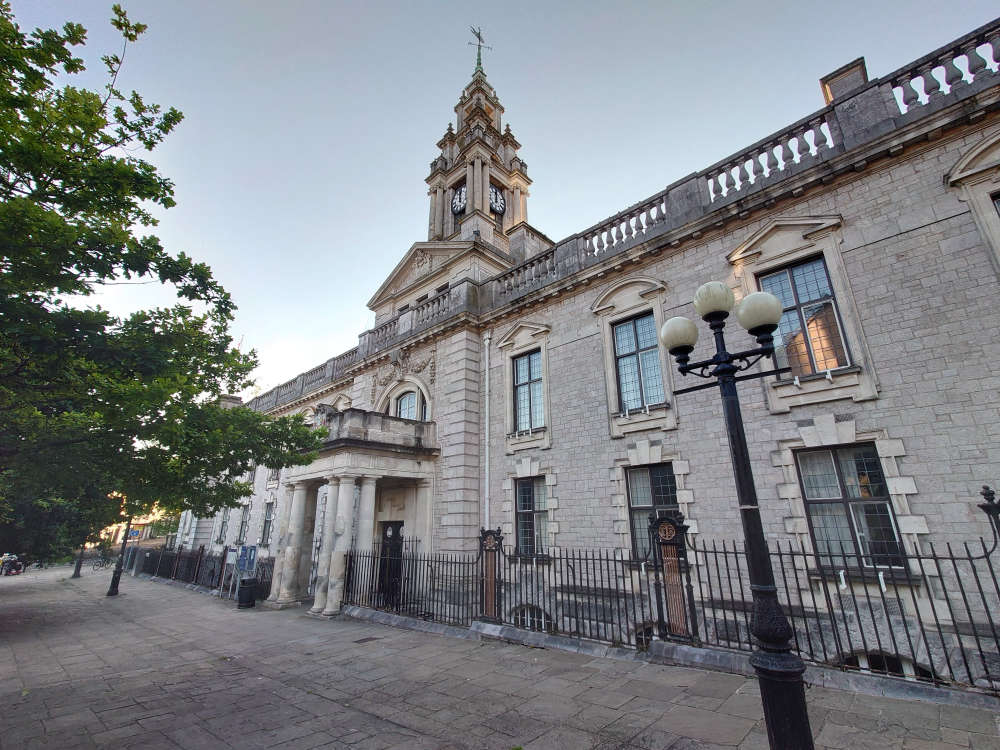 Four councillors banned from council tax debates
Four councillors banned from council tax debates
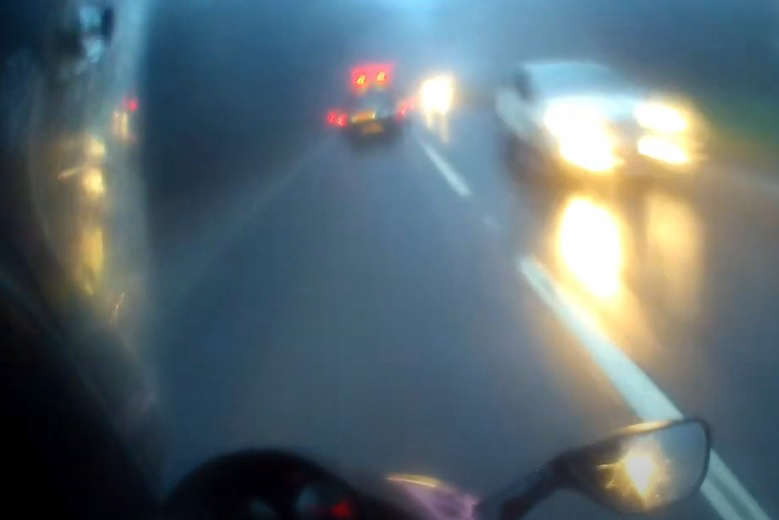 Video shows Devon biker causing horrific crash
Video shows Devon biker causing horrific crash
 Murder charge after Kingsbridge crash
Murder charge after Kingsbridge crash
